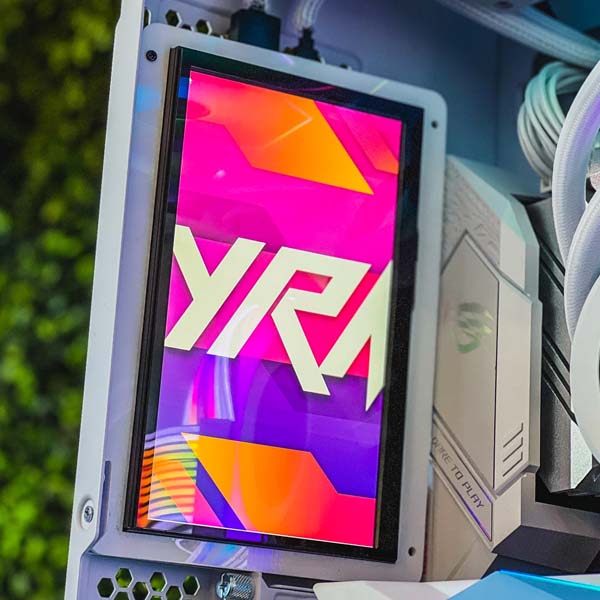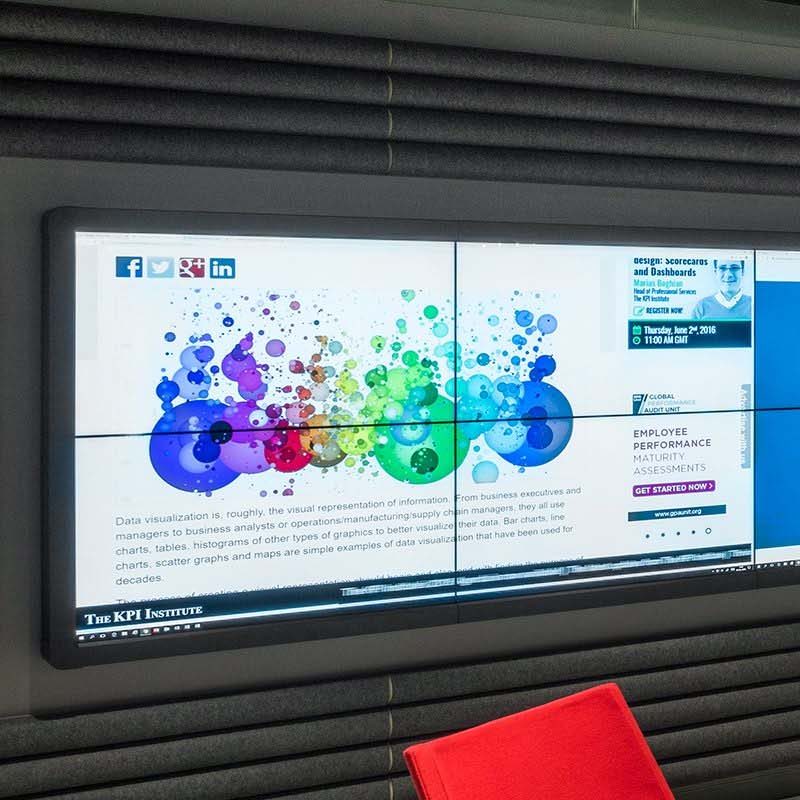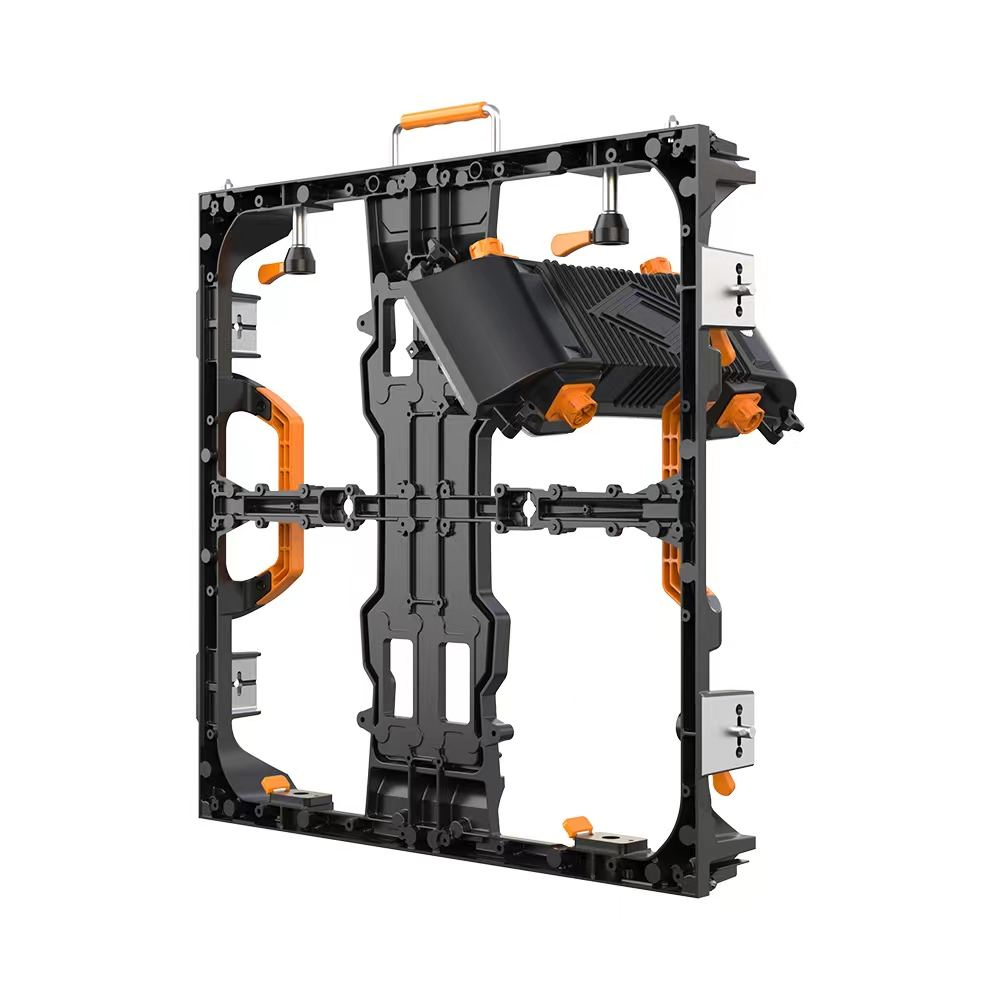LCD displays have become ubiquitous core components in modern life. From smartphones and televisions to automotive dashboards and industrial equipment, their clarity and energy efficiency have reshaped our visual experiences. This article provides an in-depth exploration of this technological marvel.

What is an LCD Display?
A Liquid Crystal Display (LCD) utilizes the electro-optical properties of liquid crystals. When an electric current passes through, the alignment of liquid crystal molecules changes, modulating the transmittance of backlight to form images on the screen. Unlike self-emissive OLED technology, LCDs require backlight support.
Core Features of LCD Displays
Energy Efficiency & Eco-Friendliness: Significantly lower power consumption than CRT displays
Slim Design: Thickness can be reduced to just a few millimeters
Low Eye Strain: Flicker-free with minimal radiation
Accurate Color Reproduction: Capable of displaying millions of colors
Long Lifespan: Average service life reaches 50,000 hours
How LCDs Work: Step-by-Step Breakdown
Backlight Layer: LED light source emits white light
Polarizing Filter: Initially filters light in specific directions
Liquid Crystal Response: Electric current controls crystal twisting angle
Color Filtering: RGB sub-pixels synthesize full-color images
Secondary Polarization: Forms visible pixel points
Smart LCD Dashboards for E-Bikes
Modern e-bike LCD displays go beyond basic data presentation:
Real-time metrics: Speed, battery level, mileage
Smart navigation: Integrated maps and route planning
Connectivity: Smartphone message alerts
Mode switching: ECO/SPORT power modes
Safety monitoring: Self-diagnostic alarm systems
Finding Local LCD Display Resources
Solutions for “LCD Display near me”:
Repair Centers: Brand-authorized service centers for phones/computers
Parts Stores: Suppliers for automotive dashboard replacement screens
Industrial Markets: Dedicated display dealers for industrial equipment
Electronics Markets: Screens compatible with Raspberry Pi etc.
Online Search: Google Maps “LCD supplier + region name”
Ubiquitous LCD Applications
| Application Field | Typical Scenarios | Technical Advantages |
| Consumer Electronics | Smartphones/TVs/Tablets | High resolution, color accuracy |
| Transportation | Car dashboards/Aircraft displays | Wide temperature stability |
| Medical Equipment | Ultrasound/Monitor interfaces | High contrast, precise imaging |
| Industrial Control | Production line panels/Instruments | EMI resistance, longevity |
| Retail & Dining | Digital signage/POS terminals | Customizability, high brightness |
Critical Role of LCD Display Drivers
Display driver ICs act as the “brain” of LCDs, responsible for:
Signal conversion: Transforming video signals into driving voltages
Timing control: Precise coordination of millions of pixels
Color management: 10bit+ color depth processing
Power regulation: Dynamic backlight adjustment
Touch integration: Supporting embedded touch functionality
Factors Influencing LCD Pricing
Panel Type: IPS > VA > TN (color & viewing angle differences)
Resolution: 4K panels cost 3× more than 1080P
Size Economics: 55-inch panels cost 40% less per inch than 32-inch
Technology: Mini-LED backlit LCDs carry ~30% premium
Market Fluctuations: Cyclical price variations up to ±25%
Interface Standards: eDP interface costs 15-20% more than LVDS
Selecting LCD displays requires balancing specs and budget. Industrial applications prioritize durability with wide-temperature models; designers should invest in IPS panels with ≥99% sRGB coverage; while office use may opt for cost-effective VA panels. As Micro-LED technology advances, LCDs may undergo revolutionary upgrades in the next decade, yet their cost-effectiveness will maintain market dominance.
Supplier of LCD Display
Whether your goal is to launch the next EV model or build an unforgettable showroom experience, KSSDISPLAY provides LCD display solutions that help drive customer attention—and elevate brand prestige.





